The stories evolved a bit in the 1960’s. As audiences embraced this new genre, the storytellers decided it was time to loosen things up just a bit; and the studios even introduced a bit of camp sensibilities to some of the wider entries in Science Fiction and Fantasy. Roger Vadim kinda/sorta sexed SciFi up just a bit with his Barbarella (1968), while Kinji Fukasaku’s The Green Slime (1968) delivered a space-based mucus to spell mankind’s doom. Still, the late 1960’s delivered some impressive benchmarks which endure as thoughtful favorites to this day: Stanley Kubrick’s 2001: A Space Odyssey challenged man’s conception of his role in the universe, while Franklin J. Schaffner’s Planet Of The Apes brought a dark view of mankind’s demise to a blockbuster-hungry audience. The popular Apes franchise delivered a handful of sequels over the next few years, and it even saw a critically and commercially successful rebirth with Rise Of The Planet Of The Apes (2011).
In the 1970’s, Science Fiction took a bit of a dark turn as more and more stories painted a rather bleak future for our planet and those unfortunate enough to be around for those last days. Robert Wise’s adaptation of the Michael Crichton novel The Andromeda Strain (1971) saw a team of scientists racing against time to save our world from a virus threatening our extinction. Richard Fleischer’s Soylent Green (1973) explored a social collapse revolving around our overpopulated world confronting a food crisis with a dark solution. And Michael Anderson’s Logan’s Run (also adapted from a novel) showed audiences a future city-state wherein citizens would be secretly executed – though promised enlightenment – upon their thirtieth birthday. We had seen the future; and, apparently, Mother Nature didn’t want us part of it much longer.
There are many cultural triggers that put us on such a treacherous path in films. I won’t debate them here, but I will say that many of these influences likely played into the decision to reimagine 1956’s Invasion Of The Body Snatchers for this era. Its story deals with the loss of individuality at the hands of a secret, oppressive authority that brings with it no announced agenda, no public game plan for the eventual fate of our souls. While its milieu fits perfectly with the trend of the other films, this incarnation ratchets up the paranoia a bit further by stripping away the hope for any survivability with its grim ending, delivering a final scene that resonates with audiences decades later.
From the product packaging:
“Filmy spores fall from space over San Francisco, and the city blossoms with beautiful new flora. People take the flowers home and, as they sleep, the plants creep over them, devouring their bodies and stealing their identities – their emotions, their uniqueness, their souls. If you notice an eerie change in someone very close to you, chances are you’re next!”
What makes each of us unique is our separate identities. Each of us has a job to call our own. Each of us has hobbies and interests we explore. Each of us might spend our days with a significant other – or even with a group of family and friends – and we learn along to way to treasure these moments because they’ll likely never come again. But what if there were a single threat that could strip all of that away in the blink of an eye?
That’s the fuel that burns so brightly in director Philip Kaufman’s Invasion Of The Body Snatchers. Though it’s a tale that’s loaded with some terrific special effects and great performances from some Hollywood talent near the top of their game, the undercurrent of the central idea – that you are just a few moments away from losing everything you’ve become – propels this version of this story. This isn’t death because – in a sense – you live on. Still, you’re a shell of what you once were, reduced to little more than a meat suit waiting for commands from some unseen alien influence.
There’s a nebulousness to Snatchers that’s always troubled me as a viewer (with this reboot as well as the original). Apparently, there’s no driving intellect behind whatever is happening to all of these victims; we’re just being converted from sentient creatures into little more than plant life – we’re alive, but all we do is grow. Life has no substance – at least, none that we’re shown, as neither film postulate any end game scenario behind all of this. Clearly, some of what we’ve become survives, but this lack of definition has always kept Snatchers from being a franchise of greater study. It’s a chilling narrative, but in the final estimation that’s all there is. While others might find that worthy of extrapolation, I find myself floundering with anything more to make of it.
Also, I’d be remiss if I failed to heap a bit of praise on Kaufman’s incredible cast. Snatchers gets great work out of lead Donald Sutherland: he plays the somewhat righteous city-crusader Matthew Bennell fighting to keep restaurants safe from disease and infection. In the hands of a lesser actor, the small moments of a man slowly coming to realization that all is not what it seems could’ve been lost, but Sutherland angles gracefully between casual charm and dire concern to great effect. A young Jeff Goldblum is also deliciously cast as Jack Bellicec, a struggling writer who battles low self-esteem whilst trying to prove his worth to those around him. Leonard Nimoy turns in high marks as a pop culture psychologist who believes his feel-good mentality can solve whatever ails his patients, though he might be hiding a secret from those who know him best. The comely Brooke Adams quickly eventually proves more than the damsel-in-distress set-up she’s given in W.D. Richter’s script as hers is the first voice of reason pushing for authorities to do something before it’s all too late. And poor, poor Veronica Cartwright! She goes from being the last man standing in this film to being raped by the Xenomorph in Ridley Scott’s seminal Alien (1979). This actress definitely deserved better from Science Fiction!
Certainly, it’s worth noting that the film received ample attention from the Academy of Science Fiction, Fantasy, and Horror Films. At their 1979 Saturn Awards, Snatchers received an incredible eight nominations but only went home with trophies in the categories of ‘Best Sound’ and ‘Best Director.’ Additionally, the motion picture received a nomination for ‘Best Dramatic Presentation’ from the 1979 Hugo Awards. If that isn’t enough to catch your eye and encourage you to see this one, then perhaps you’re the one that’s been snatched, and your now vegetable, pod-hatched brain is having trouble keeping up with reality.
- Audio commentary from Director Philip Kaufman
- Audio commentary by Author/Film Historian Steve Haberman
- Star-Crossed In The Invasion: Interview with actress Brooke Adams
- Re-Creating The Invasion: Interview with Screenwriter W.D. Richter
- Scoring The Invasion: Interview With Composer Denny Zeitlin
- Leading The Invasion: Interview with Actor Art Hindle
- Writing The Pod: Interview with Jack Finney Expert Jack Seabrook
- Re-Visitors From Outer Space, or How I Learned To Stop Worrying And Love The Pod – Featurette
- Practical Magic: The Special Effects Pod – Featurette
- The Man Behind The Scream: The Sound Effects Pod – Featurette
- The Invasion Will Be Televised: The Cinematography Pod – Featurette
- And even more shorts, spots, and trailers.
Highly recommended. With the overall tone of Science Fiction from the 1970’s being fairly downbeat, it should come as no surprise that a studio got the bright idea to remake the 1956 SciFi Cold War Classic Invasion Of The Body Snatchers. The loss of identity and oppressive authority themes definitely go hand-in-hand with the era, and director Kaufman points everyone in the direction that assures all good things will end … whether we like it or not. It’s an incredible cast – Sutherland, Nimoy, and Goldblum – giving it their best; though a few sequences are obviously a bit dated, it’s dystopian feel is thankfully never out of style.
In the interests of fairness, I’m pleased to disclose that the fine folks at Kino Lorber provided me with a complimentary Blu-ray of Invasion Of The Body Snatchers by request for the expressed purposes of completing this review; and their contribution to me in no way, shape, or form influenced my opinion of it.
-- EZ

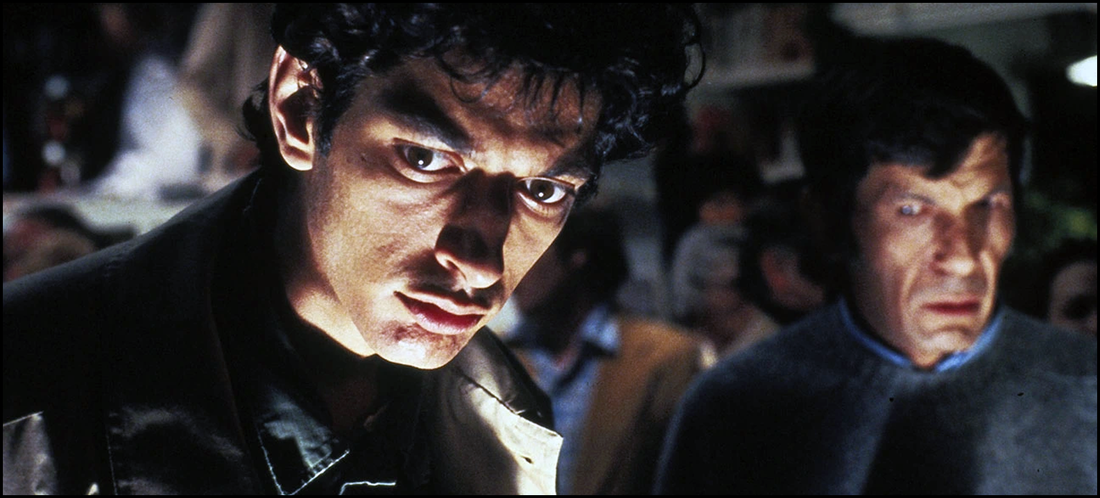

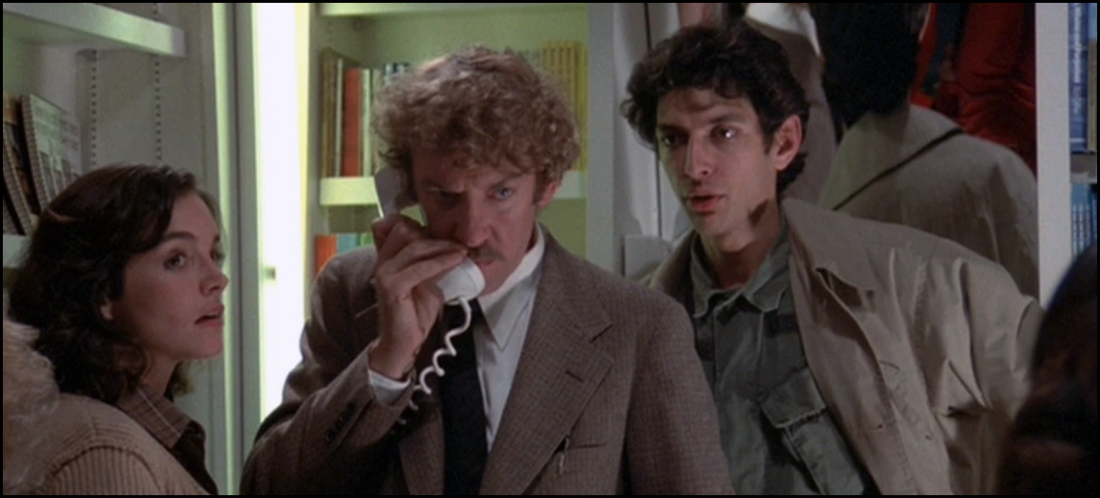
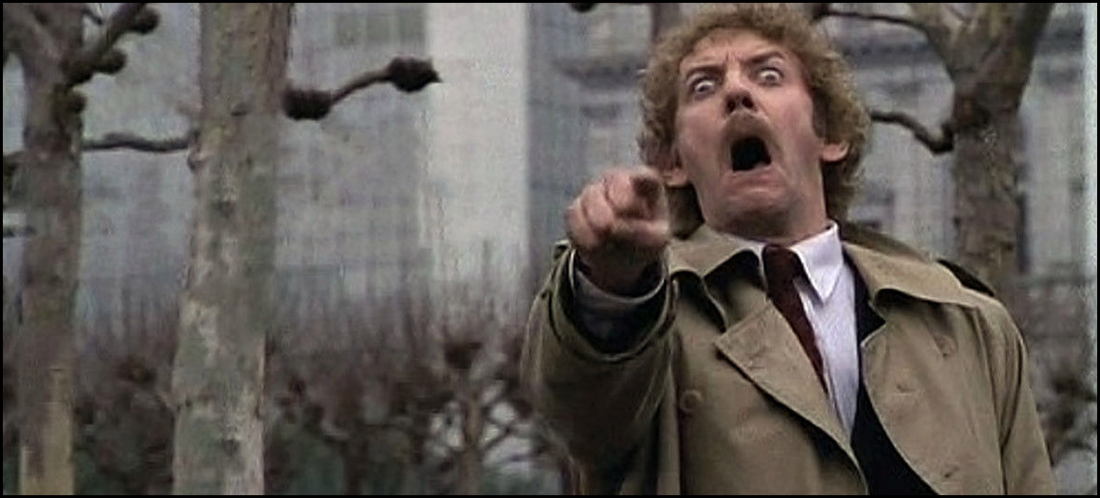

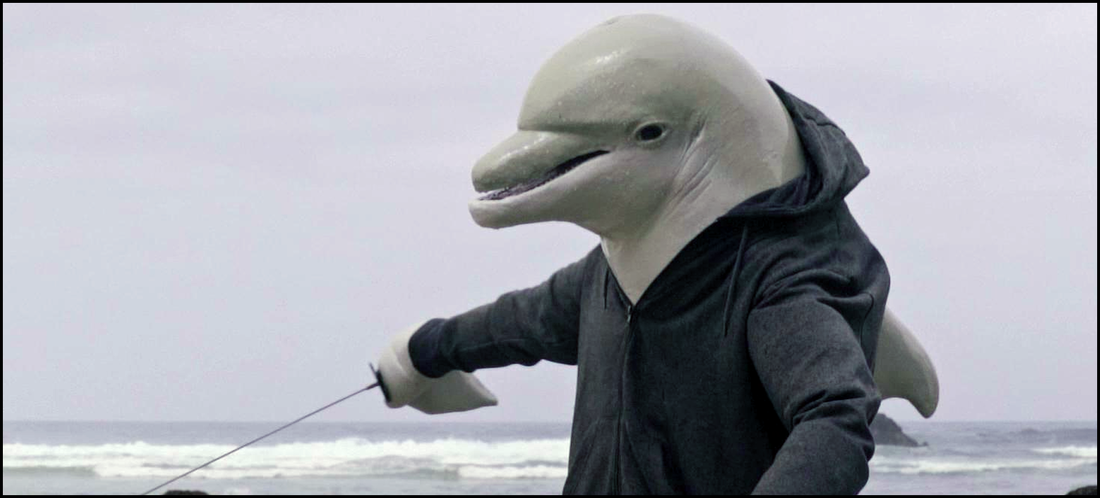


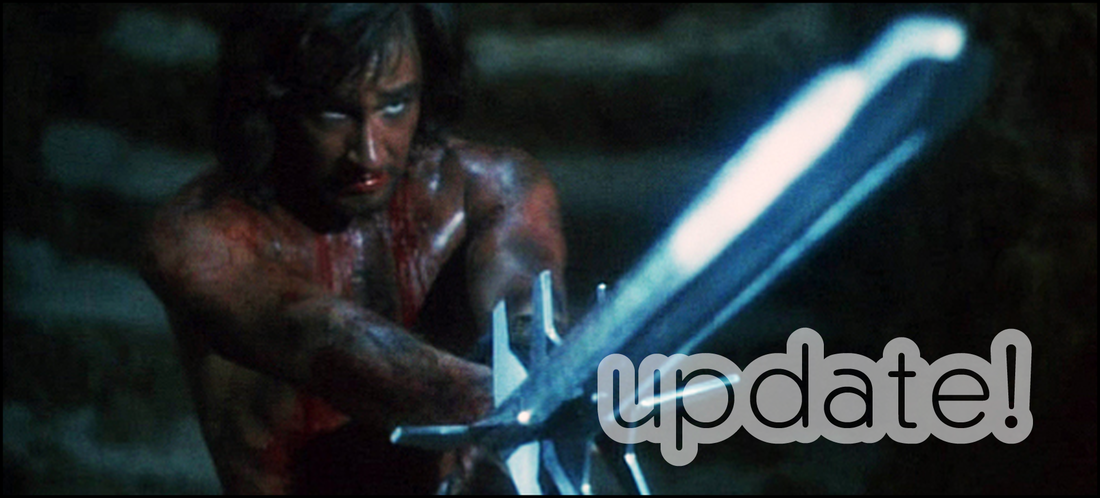


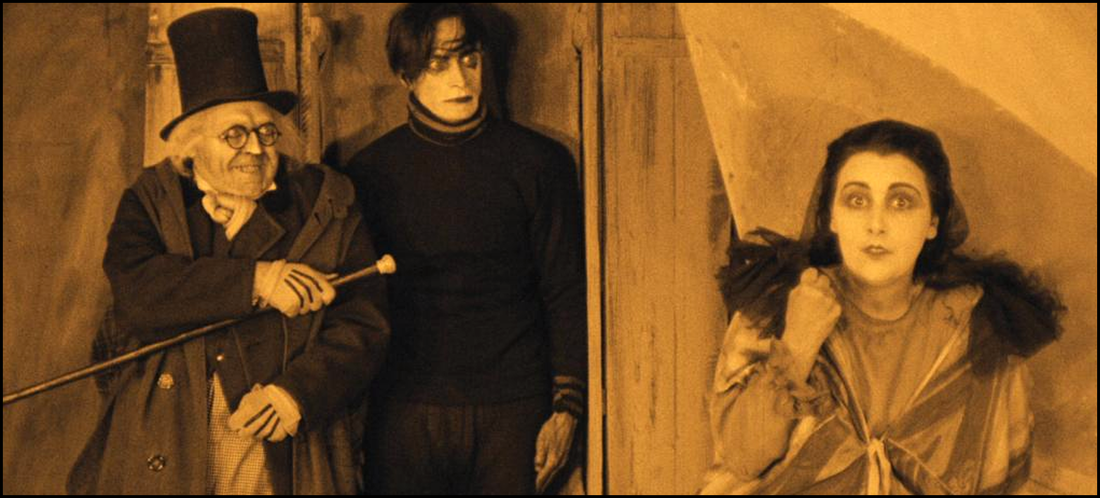
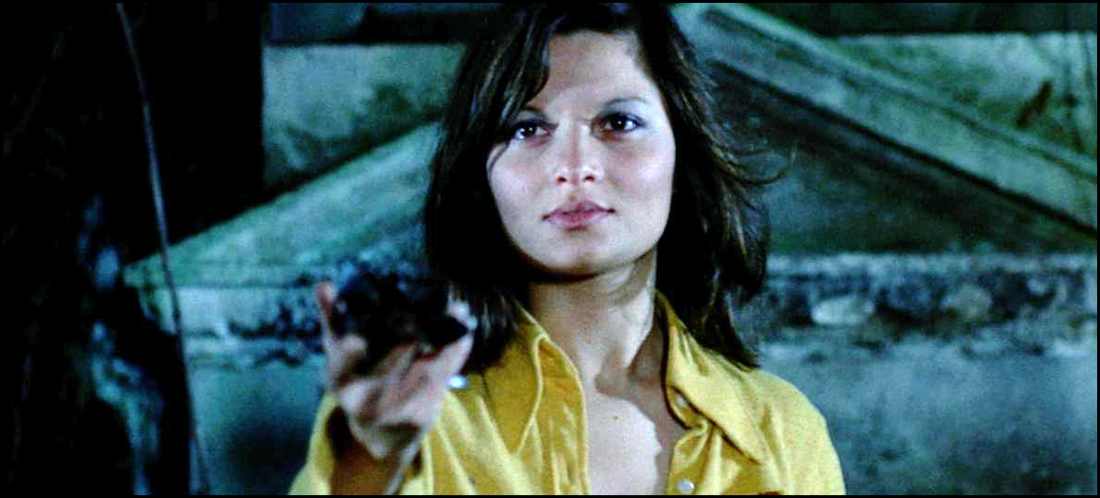
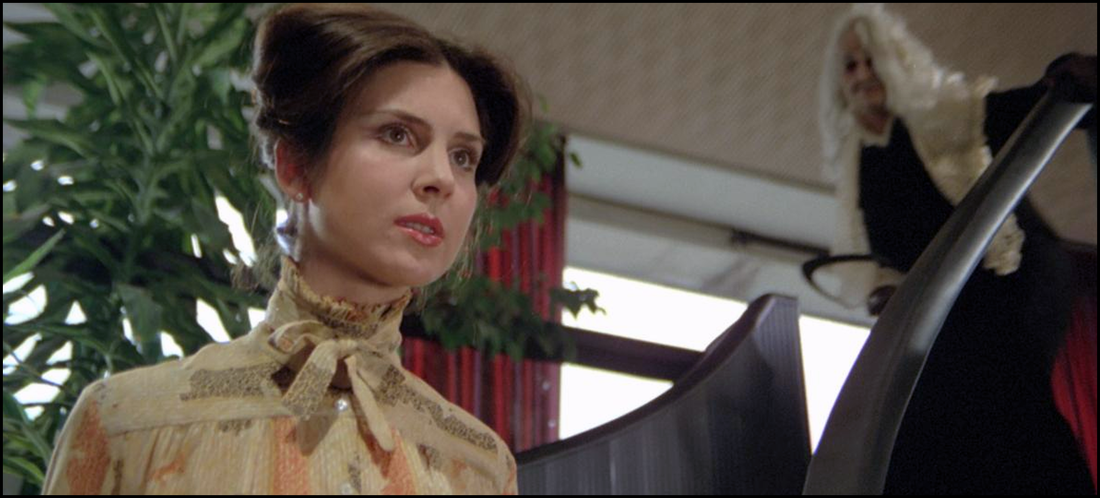

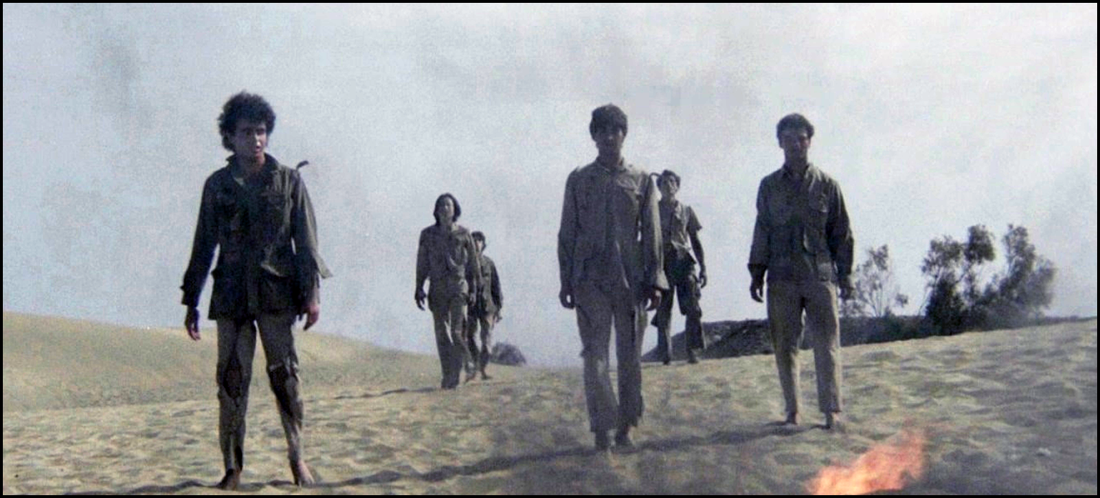
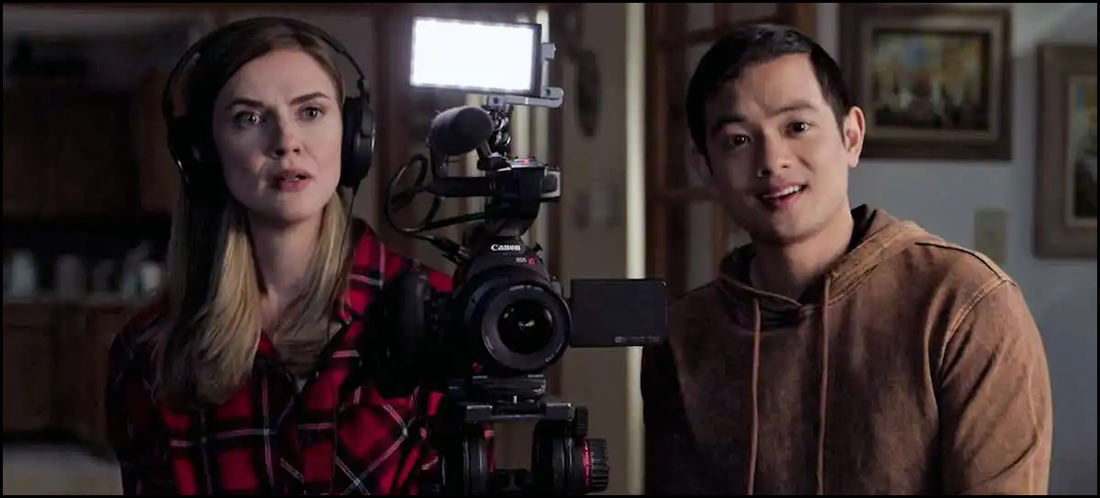
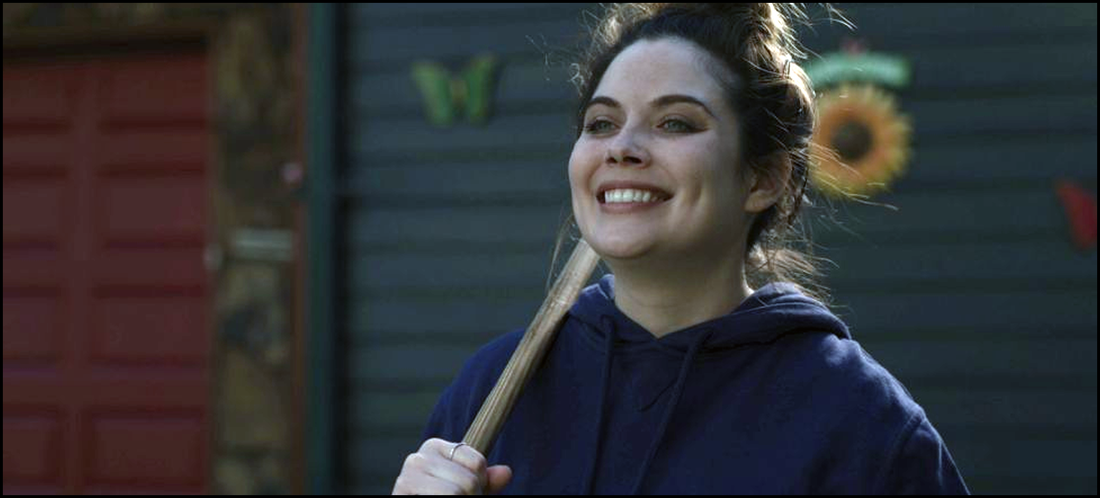
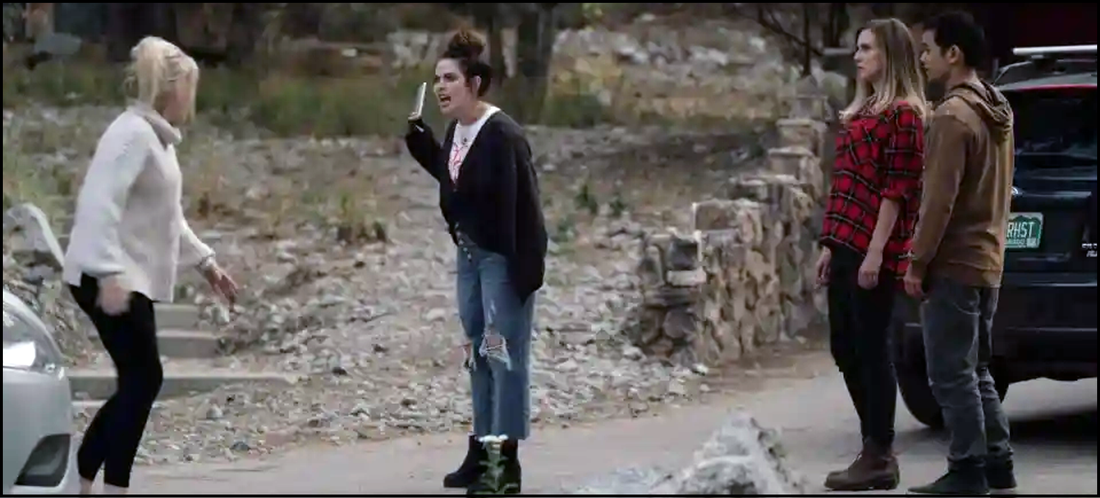
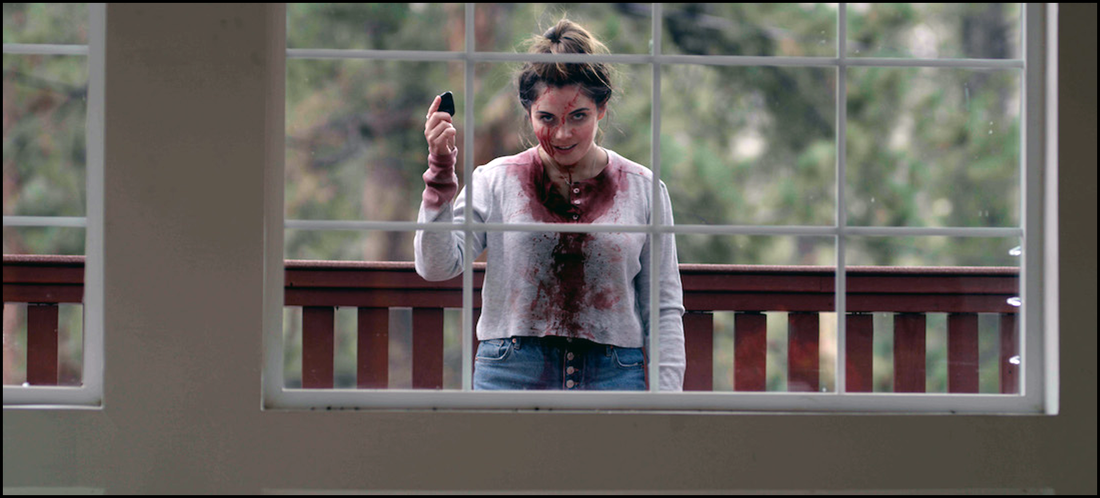




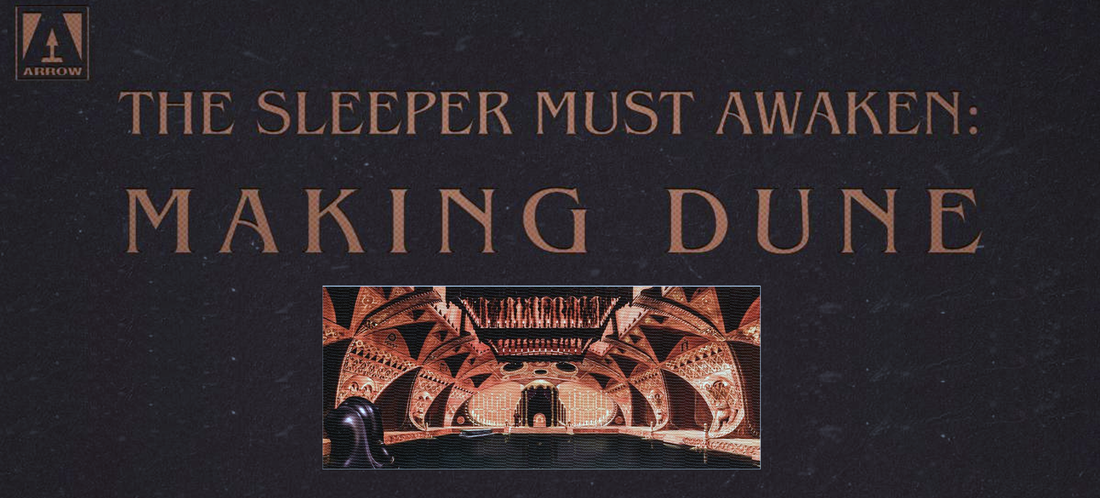

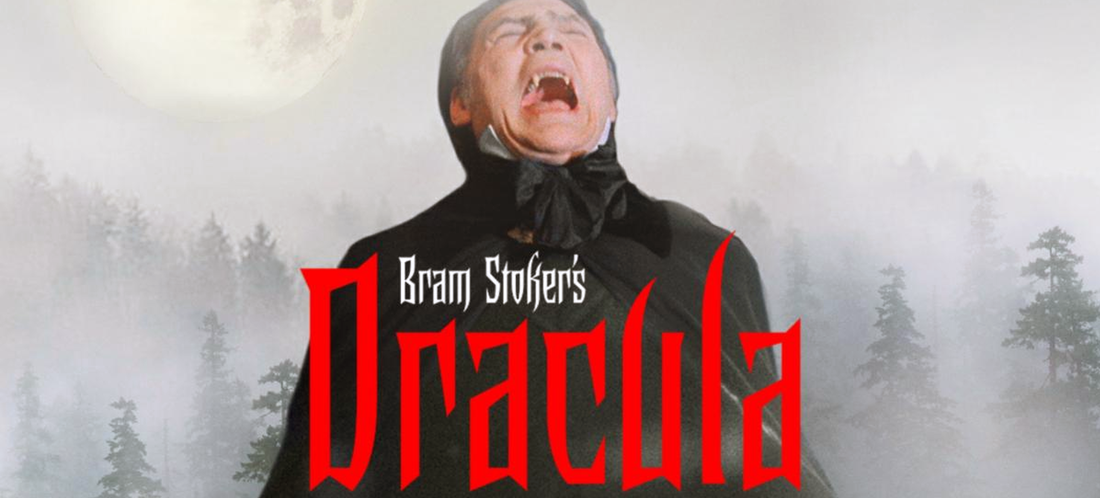
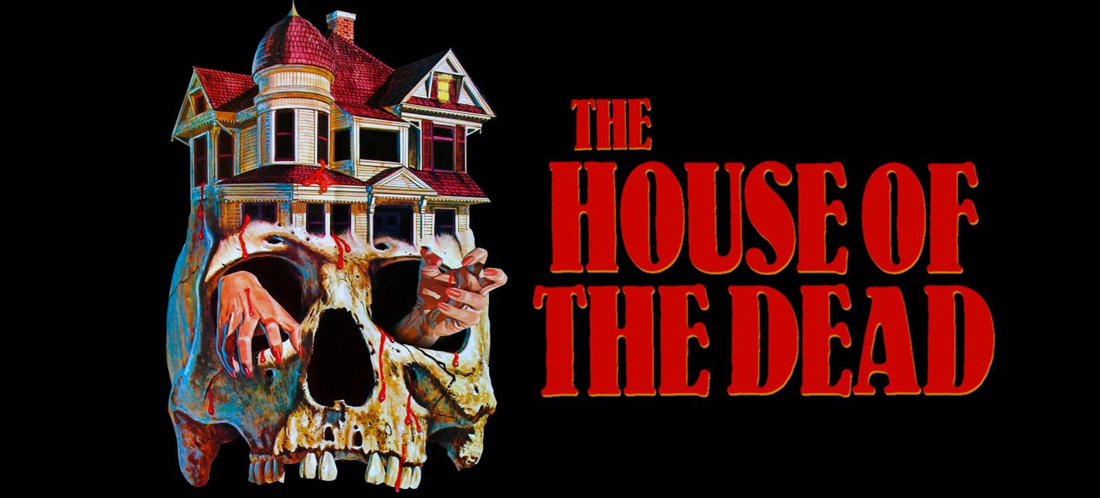

 RSS Feed
RSS Feed